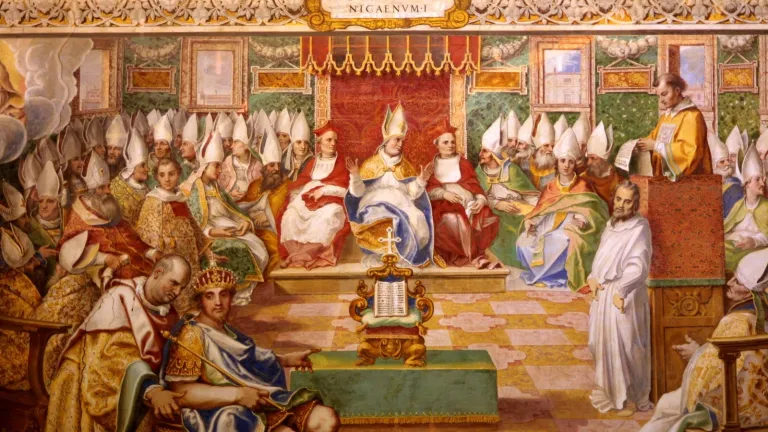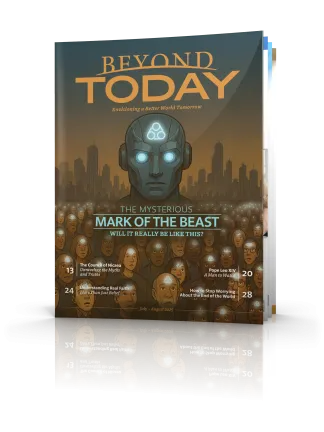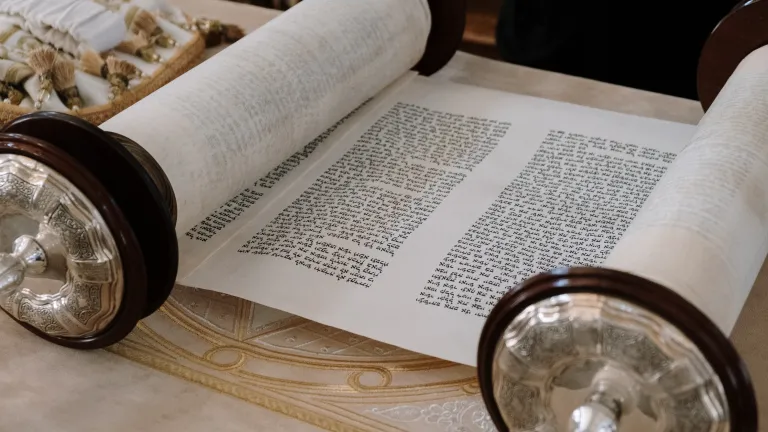The Quartodeciman Issue: God’s Church Driven Underground

The Council of Nicaea is often hailed for unifying Christianity, but in truth, it marked a major departure from biblical faith—rejecting God’s commanded Passover, promoting man-made traditions, and persecuting those who remained faithful to Christ’s example.
The Council of Nicaea, convened by the Emperor Constantine in A.D. 325, was a pivotal development in church history, often celebrated for unifying Christian doctrine. Yet, from a biblical perspective, this council marked a tragic turning point—a widening apostasy away from the faith once delivered to the saints (Jude 1:3). At the heart of this departure was errant teaching over the nature of God (see the main article), as well as the rejection of the biblical Passover in favor of the man-made tradition of Easter and condemnation of those who continued in biblical observance.
Faithful Christians in the first few centuries after Christ were sometimes called Quartodecimans, from the Latin for “fourteen,” as they continued to observe Passover on the 14th of the Hebrew month of Nisan, exactly as Jesus and the apostles did and as Scripture instructs. They understood the annual Passover to be a memorial of Christ’s death (1 Corinthians 5:7; 11:26), not a moveable feast based on Roman or pagan traditions. These Christians, both Jew and gentile, held fast to the example of Christ and the apostles in observing God’s commanded Holy Days (Leviticus 23).
The Council of Nicaea, under Constantine’s authority, sought to stamp out this faithful remnant. Constantine, whose own conversion was political rather than spiritual, wrote with vitriol: “It appeared an unworthy thing that in the celebration of this most holy feast we should follow the practice of the Jews, who have impiously defiled their hands with enormous sin . . . Let us then have nothing in common with the detestable Jewish crowd.” This was not simply a calendar decision—it was a spiritual attack on the very people who were striving to remain obedient to the Word of God.
Calling the Jews “polluted” and “blind,” his ruling institutionalized antisemitism and laid the groundwork for future persecution of both Jews and of Christians branded as “Judaizers” and heretics for upholding biblical law. While the Roman church increasingly aligned itself with pagan customs and human traditions, abandoning the commandments of God for the doctrines of men (see Mark 7:7–9), Christians who continued in true biblical practices were pressured to conform or forced underground.
True Christianity survived—not in the halls of imperial councils, but among those who quietly kept the Passover, honored God’s Sabbaths and refused to compromise with the world. The Council of Nicaea did not unify Christianity. It formalized a great falling away. Yet even amid persecution, a faithful remnant endured, keeping the truth alive.
To learn more about the Quartodeciman controversy and the replacement of God’s festivals with unbiblical traditions, see our free study guide Holidays or Holy Days: Does It Matter Which Days We Observe?







